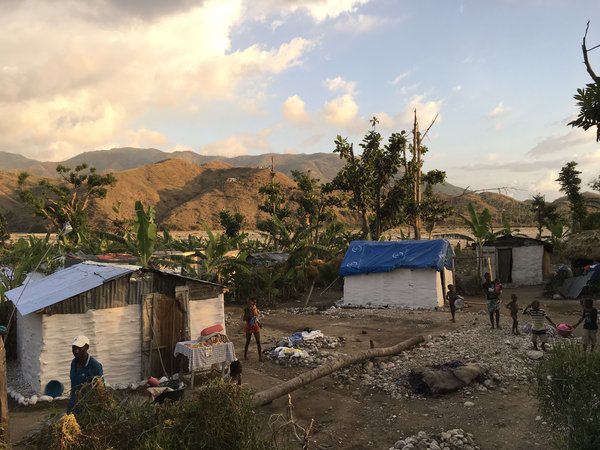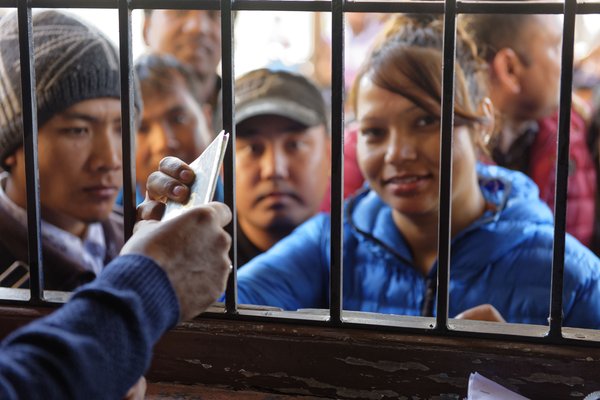
Mural in the streets of Rio de Janeiro. Photo by Carmen Leon-Himmelstine. CC BY-NC 4.0.
Summary
Based on 65 semi-structured interviews with Haitians who migrated to Brazil after the 2010 earthquake, this paper aims to explore the ways in which gender norms influence the decision to migrate and how migrants perceive changes in gender norms at destination. We observed that the decision to migrate was in part shaped by gender norms that influenced women and men differently such as family responsibility, physical integrity, decision-making autonomy or physical risks associated with the migration journey.
Once in Brazil, participants perceived gender norms shifted towards: i) greater freedom of movement; ii) greater flexibility towards dress and outward appearance; iii) less acceptance of gender-based violence; iv) greater acceptance of women in paid work and; v) greater autonomy and decision-making process. Our analysis suggests these changes have been driven by factors such as migration status, a new economic household structure, opportunities to continue studying, exposure to different norms around purity and modesty and more progressive legislation. However, our data also shows that Haitian women have not perceived changes in other gender norms, in part due the patriarchal structures of Brazilian society. This was particularly the case when analysing women’s engagement in the job market and norms around unpaid care and domestic work. Thus, independence and empowerment come with a cost as Haitian women in our study bear the double burden of working within and outside of the household, having implications in their empowerment and integration in their host society.



